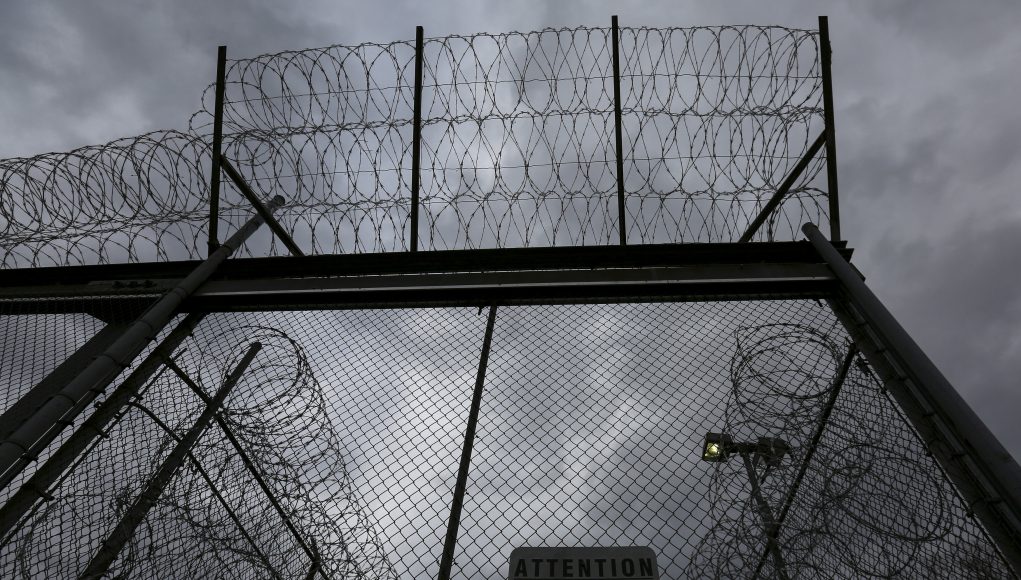AUSTIN, Texas (Reuters) – African Americans are far more likely to be wrongfully convicted of crimes such as murder, sexual assault and illegal drug activity than whites due to factors including racial bias and official misconduct, a study released on Tuesday said.
Of the 1,900 defendants convicted of crimes and later exonerated, 47 percent were African-Americans – three times their representation in the population – according to the study from the National Registry of Exonerations, which examined cases from 1989 to October 2016.
The study also said black Americans were about seven times more likely to be wrongfully convicted of murder than white Americans.
“In the murder cases we examined, the rate of official misconduct is considerably higher in cases where the defendant is African-American compared to cases where the defendant is white,” said Samuel Gross, a University of Michigan Law School professor who is senior editor of the group that tracks U.S. exonerations.
He said unconscious bias, institutional discrimination and explicit racism, were factors in some of the wrongful convictions.
When it comes to drug crimes, black Americans are about 12 times more likely to be wrongfully convicted than innocent white people, the study said.
A separate study from the same group also released on Tuesday showed that 2016 set a record for known exonerations in the United States since 1989 at 166, up from 160 cases in 2015.
Nearly 60 of exonerations came from Texas, the most of any state, where district attorneys in the counties that include Houston and Dallas have set up integrity units to examine prosecutions for possible problems.
Most of the Texas exonerations were drug convictions in Harris County, home to Houston. In many of the cases, suspects pleaded guilty to drug possession and months or years later, reports from crime labs showed that seized material contained no controlled substances.
Nationwide, 52 defendants were exonerated of murder and 73 were exonerated of non-violent crimes, such as drug possession.
After Texas, Illinois had the most exonerations in 2016 at 16, followed by New York with 14 and California with nine.
Among last year’s most notable exonerations were the so-called San Antonio Four – four women convicted of sexual assault in the 1990s and sent to prison because of junk science, tainted testimony and false ideas of lesbian behavior, a Texas appeals court said.
(Reporting by Jon Herskovitz, editing by G Crosse)




























